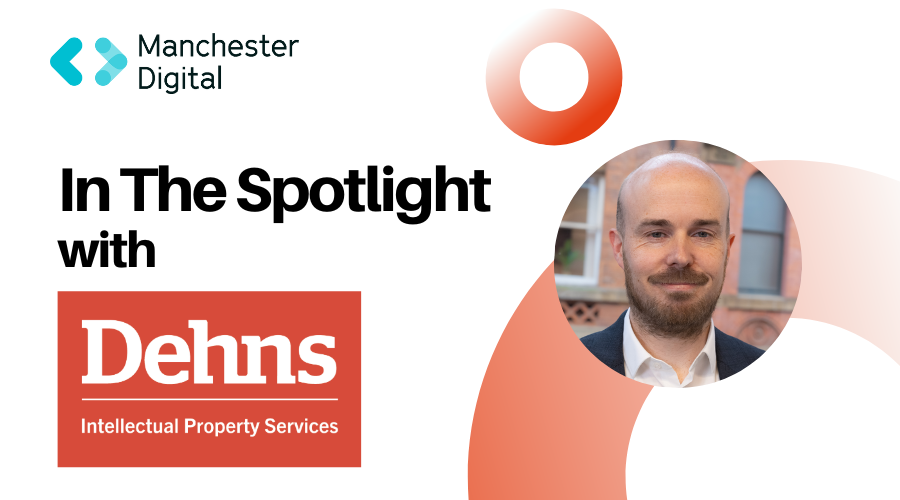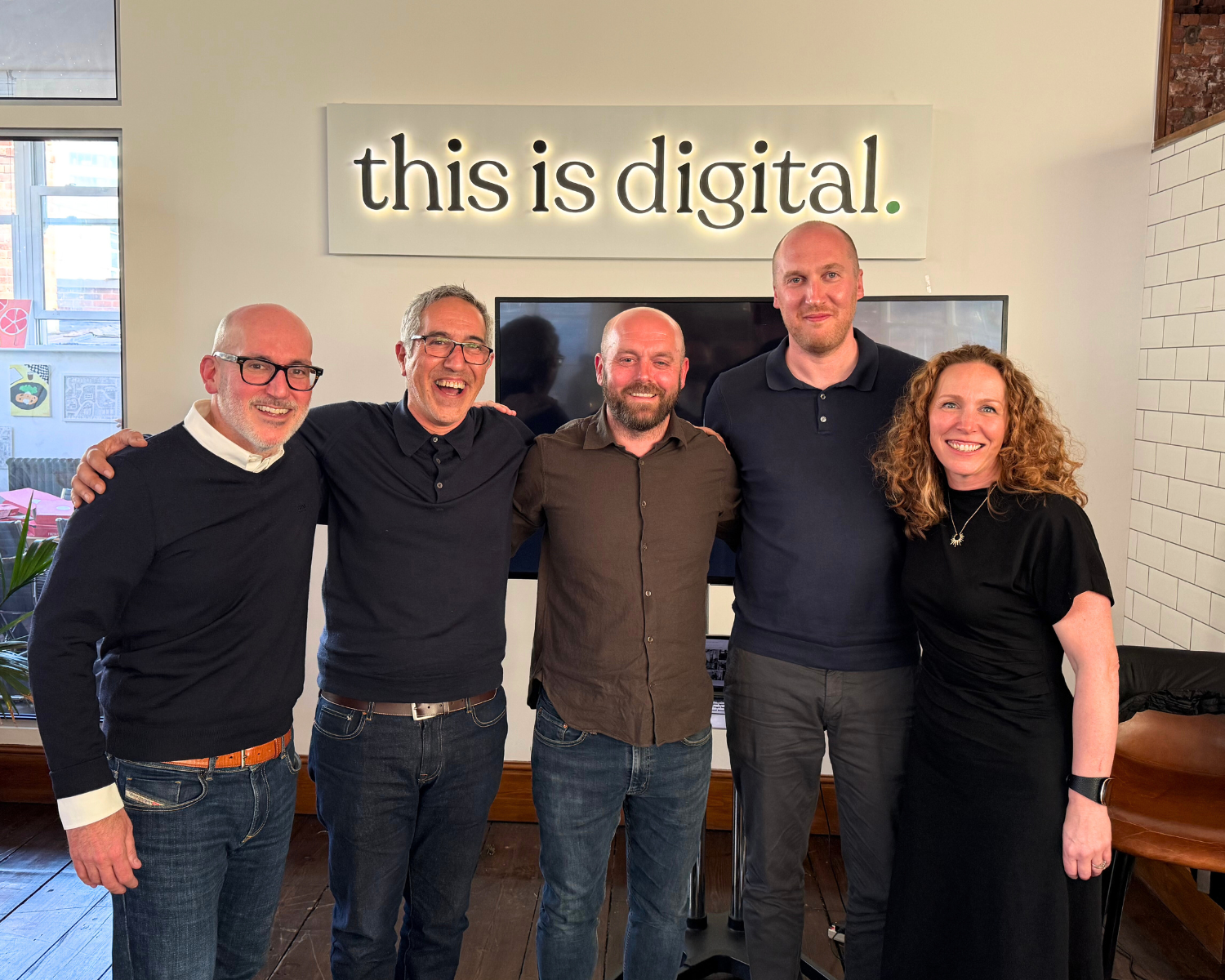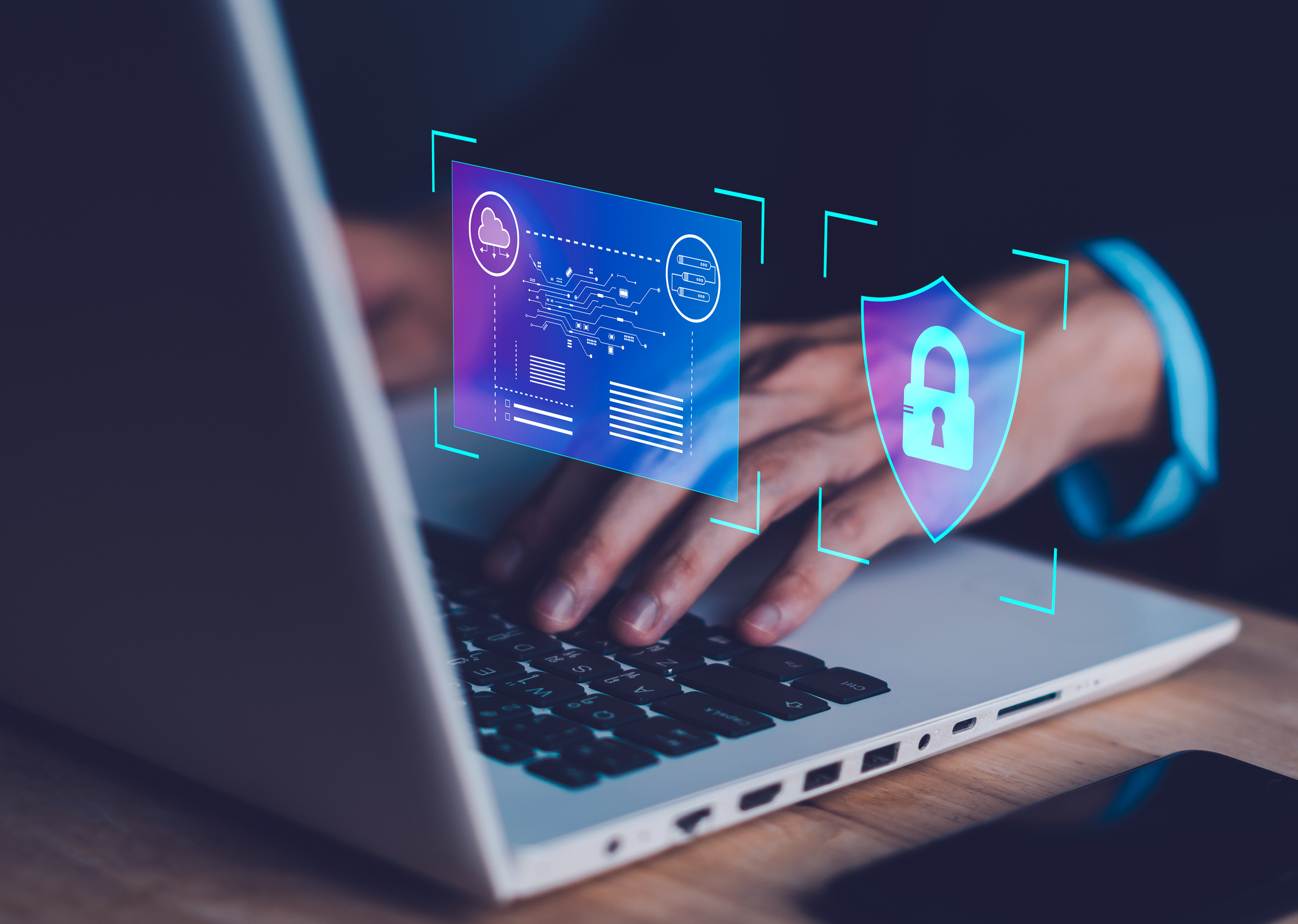
At Manchester Digital, we like to interview our members to find out a bit more about what they do and their work in the Greater Manchester digital and technology sphere. This week we're speaking with Joe Dewhurst, UK and European patent attorney at Dehns.
Please introduce yourself, Joe…
Hi, I’m Joe Dewhurst, an experienced UK and European patent attorney based in the Manchester office of Dehns Intellectual Property Services. I have a background in physics and software, which allows me to work closely with innovators in the digital/tech sector to understand and protect their inventions for commercial gain.
Can you provide an overview of the key services Dehns offers in the intellectual property and patent field? What areas do you specialise in?
Dehns is one of the largest specialist intellectual property firms in Europe. I have colleagues across the UK, Germany and Norway with experience in many areas of intellectual property, including patents, trademarks, designs, dispute resolution, and more.
I specialise in patents: I work with innovators to identify where they might be able to put a patent in place, draft and file the patent application, and navigate the patent system until a patent is granted. I work across a broad range of technical fields, but much of my time is spent working with the UK’s leading semiconductor and software design company to develop their patent portfolio. I also work with smaller businesses to establish and develop new patent portfolios, in fields including artificial intelligence, medical devices, electronics and mechanical engineering.
How does securing proper IP protection and patents benefit companies and innovators, especially in the digital/tech sector? Can you give some examples of the impact it has?
In a nutshell, we turn inspired thinking (your innovations) into valuable commercial assets. All businesses will have some intellectual property, and that includes your competitors! Identifying and securing the proper intellectual property rights can provide a competitive advantage as well as act as a defensive asset.
Intellectual property shouldn’t only be thought of as a tool for stopping others from benefitting from your hard work, but also as a tool for attracting investment and collaborators, and adding value to your business. Having a granted patent is a clear sign that what you are doing is at the forefront of innovation.
With rapid advances in artificial intelligence, how are patent laws and IP regulations evolving to address AI-based inventions and creative works? What are some of the challenges and complexities arising?
Like many sectors, the patent world has had to quickly adapt to keep up with the pace of change. There have been numerous developments in the law, and patent attorneys like me have had to think carefully about how best to make use of the patent system to protect an increasing number of AI-based inventions. Thankfully, the dust seems to be settling, and there is now much more clarity on how best to approach protecting AI-based inventions.
For companies developing cutting-edge AI technologies, what strategies would you recommend to effectively protect their AI inventions and intellectual property?
Identifying and securing intellectual property rights should form an integral part of the product development process. The earlier in the process that you think about protecting your innovations / intellectual property, the more likely it will be to obtain strong protection.
An optimal IP strategy will depend on many factors, including technical, legal and commercial considerations, and I highly recommend working closely with an experienced IP professional.
In the case of AI and cutting-edge technologies, I think it’s particularly important to work with a patent attorney with the relevant technical expertise to be able to fully comprehend the technology, as that can be a significant factor in achieving the fullest scope of protection that the innovation deserves.
Can you share a notable case or client story that highlights the value Dehns provided in safeguarding a company's IP assets and how it translated to real-world impacts for their business?
For many start-ups and small businesses, patents can be a key to success. One of my start-up clients was recently able to bring in a significant revenue stream through licencing their technology to a market leader on the strength of their patents. This will allow their UK-developed technology to be brought to international markets, while they focus on developing and refining their technology. It is always satisfying to see the hard work that is put into developing an innovation (and the use of IP protection) paying off!
Thank you Joe!
Learn more about Dehns here.









